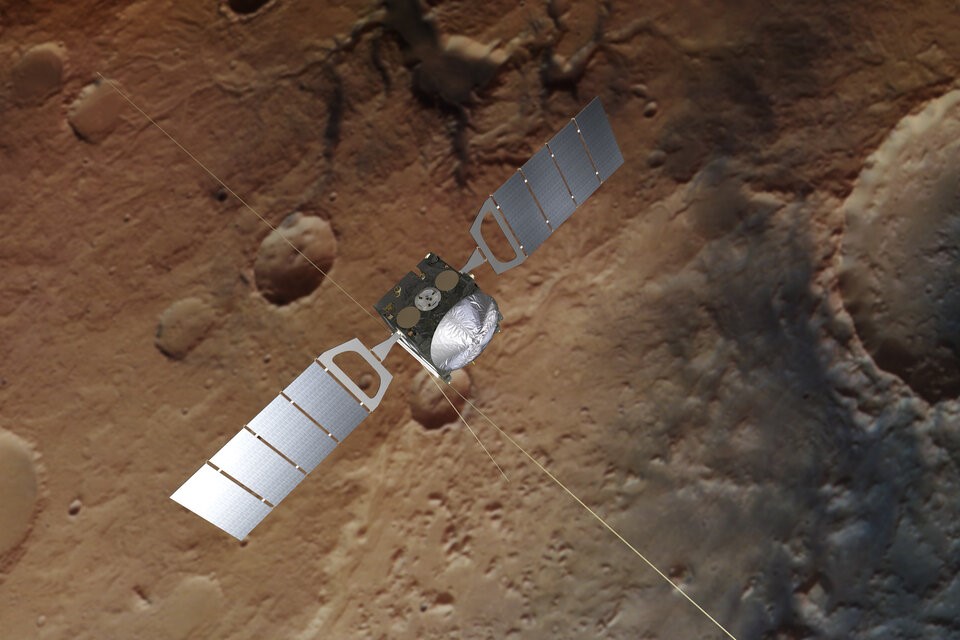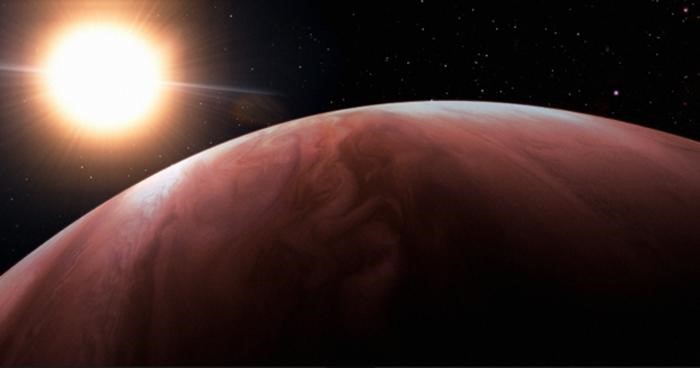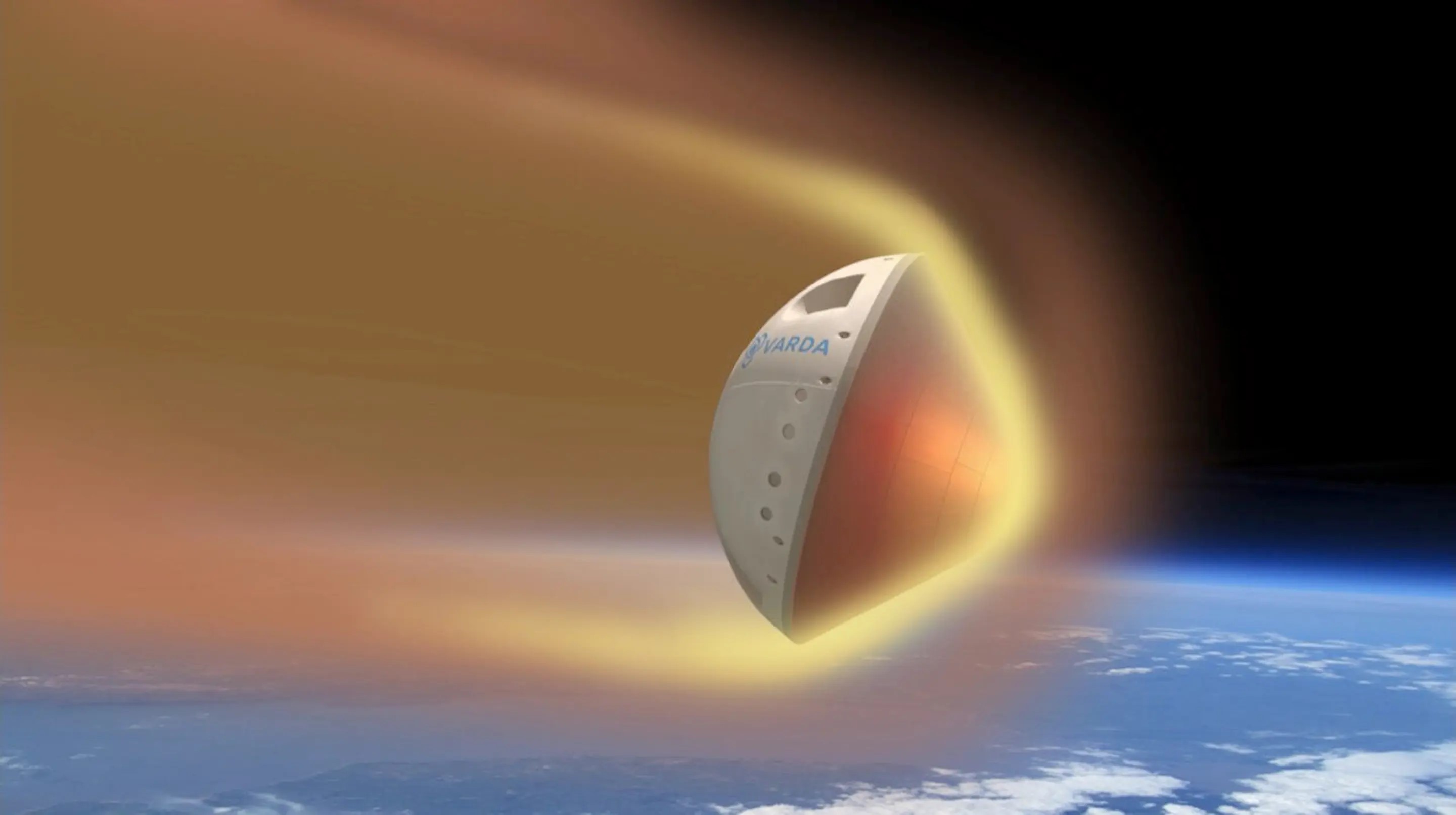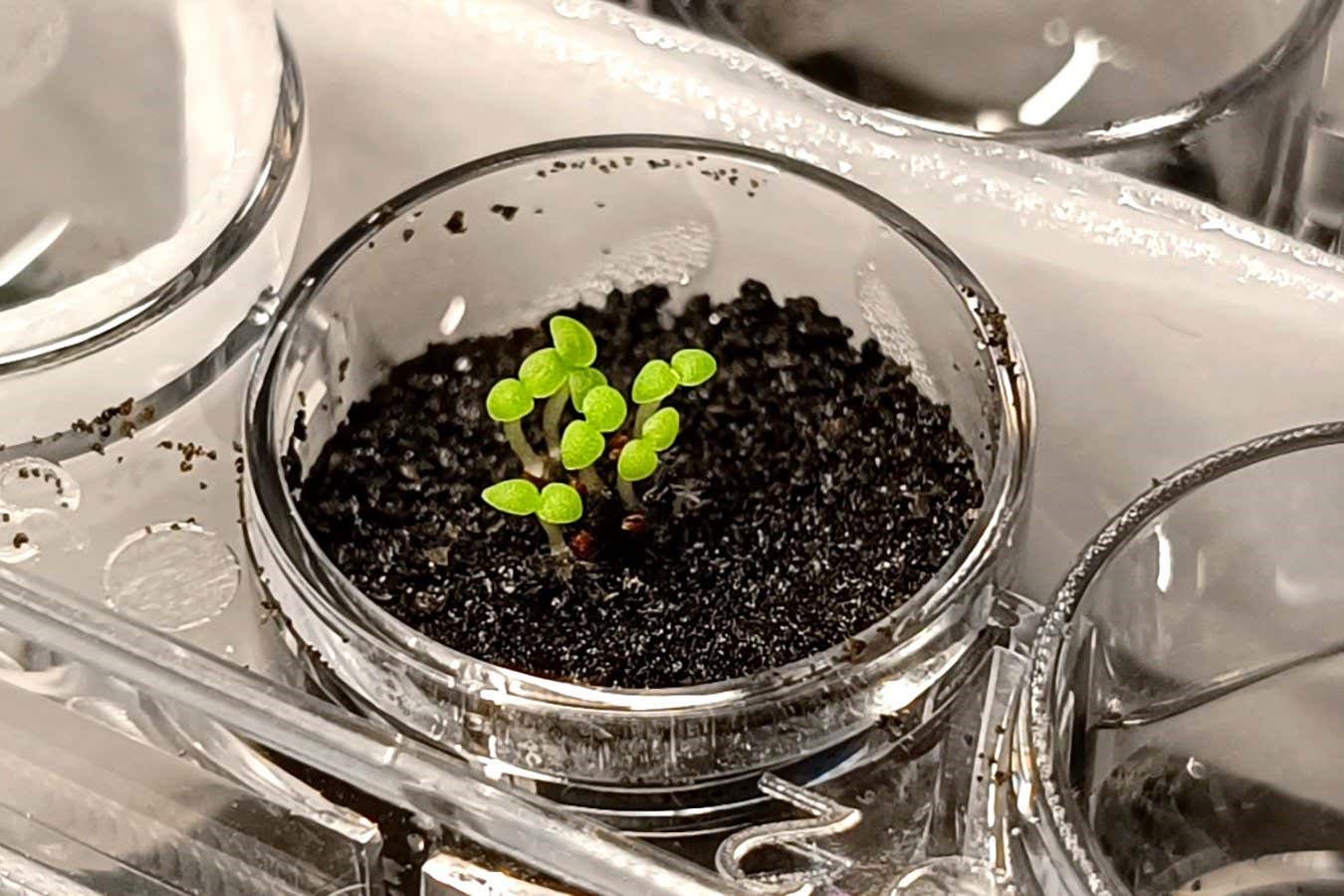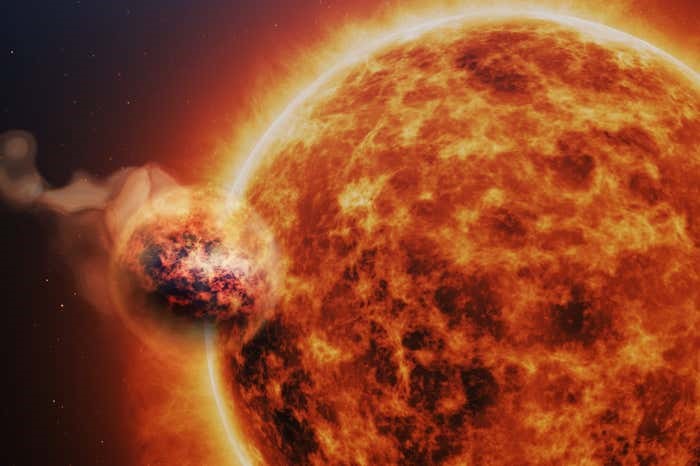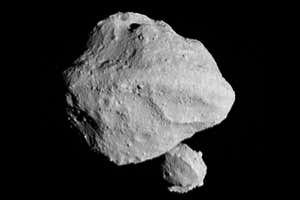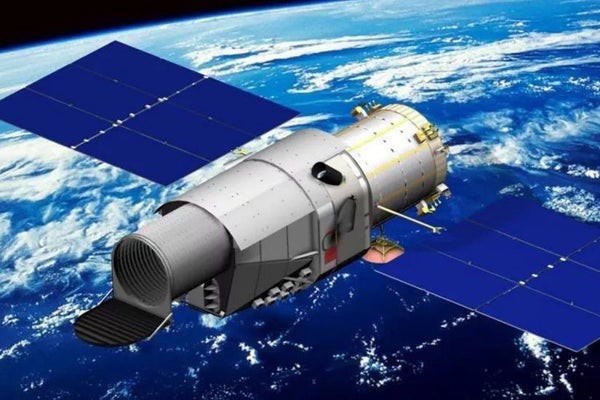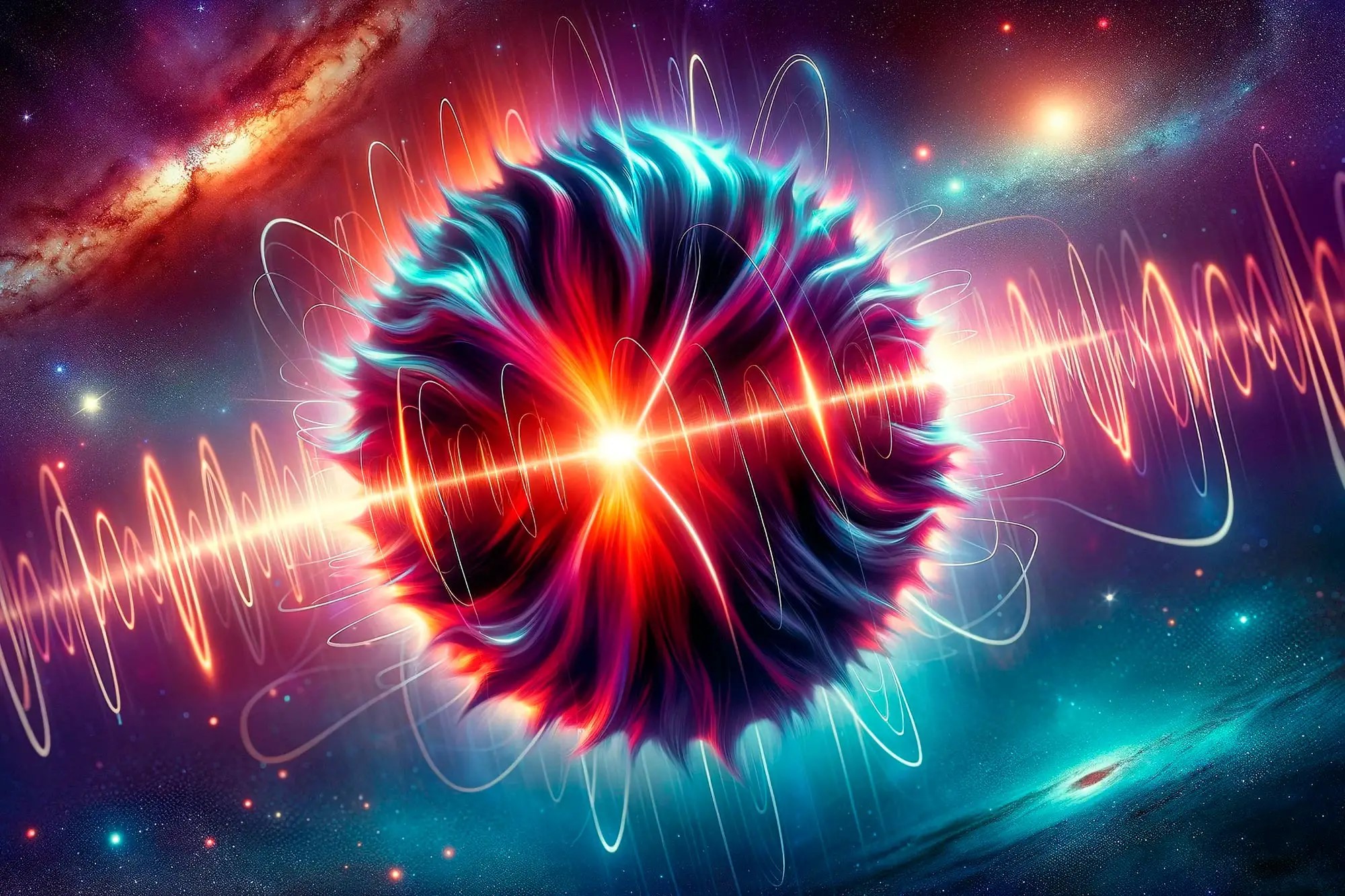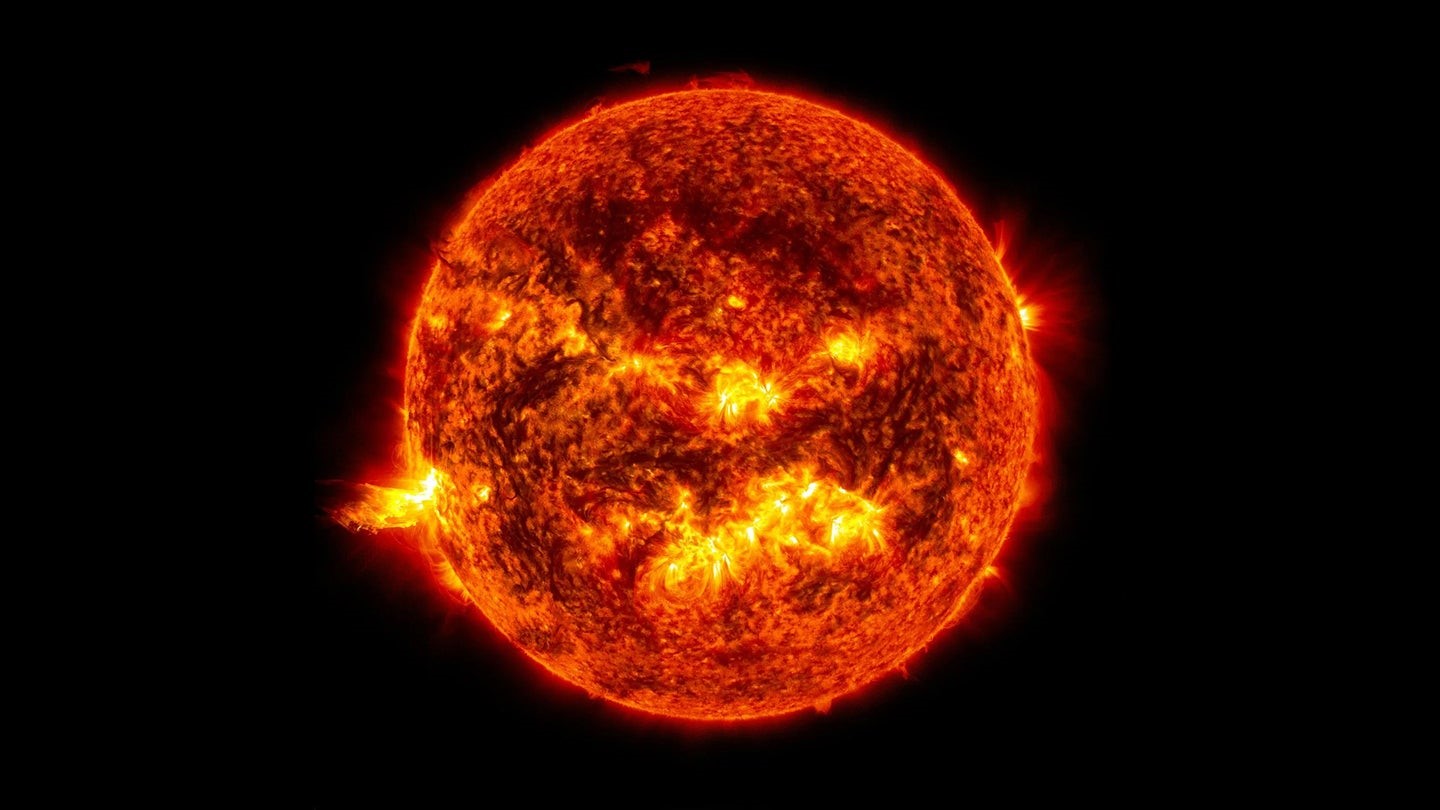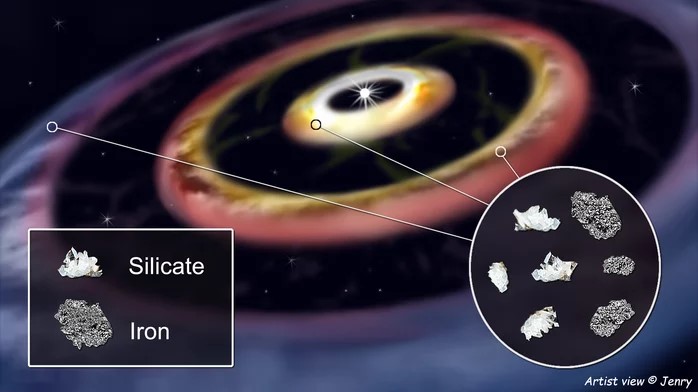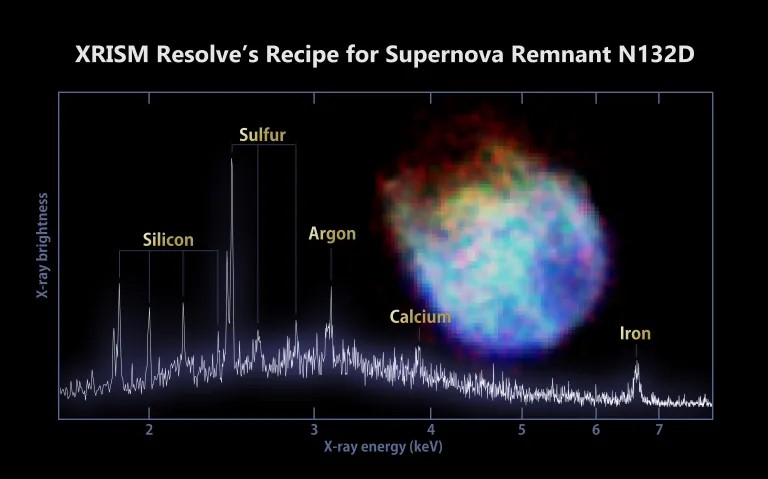Ultracold Atoms in Space Will Let Us Stress Test Einstein's Relativity
Physicists on the International Space Station (ISS) are on the verge of conducting groundbreaking experiments to test Einstein's general theory of relativity with unprecedented accuracy. Using extremely cold potassium and rubidium atoms in a first-of-its-kind experiment, they aim to scrutinize a fundamental principle of Einstein's theory—the equivalence principle.
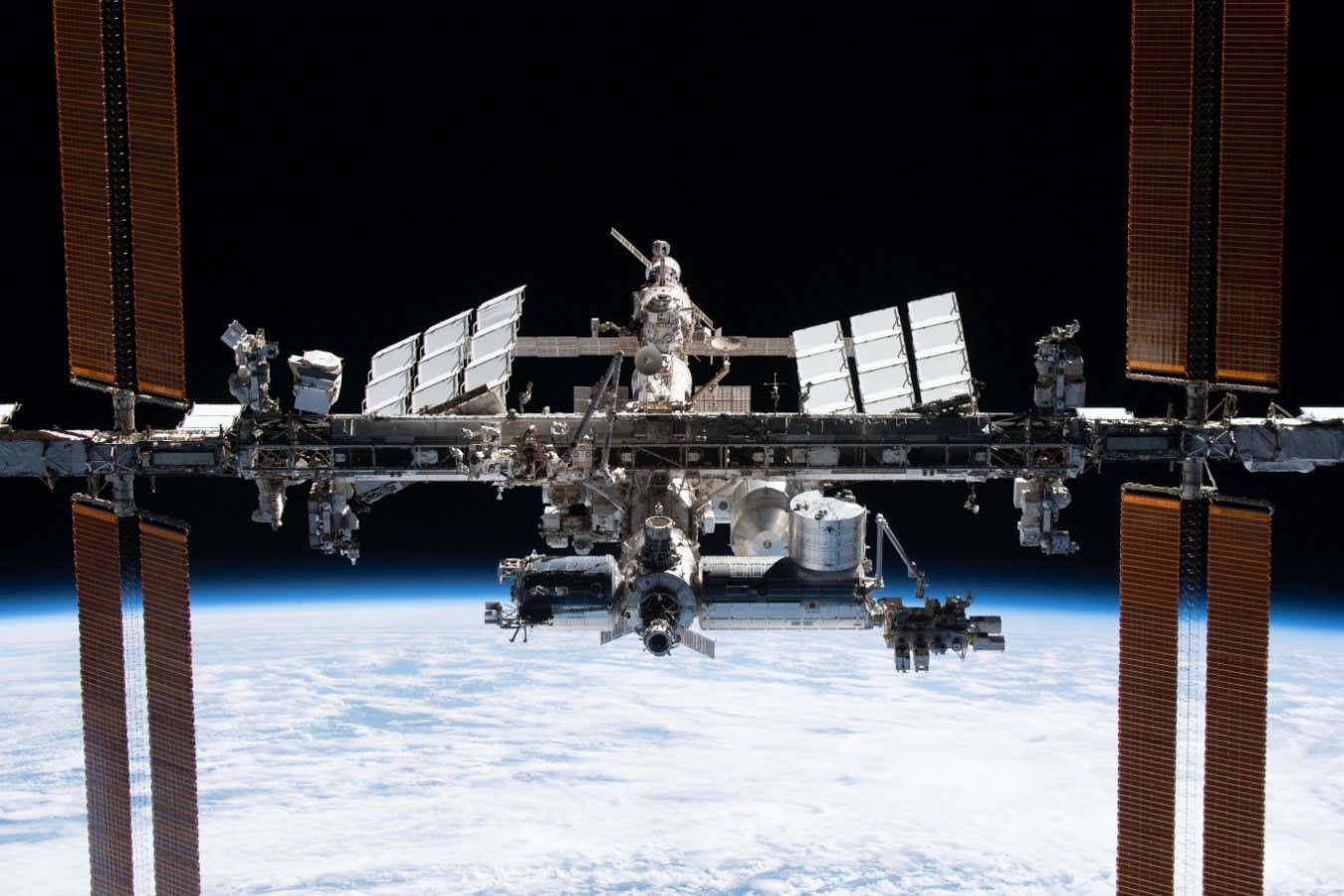
Figure 1.Ultracold atoms in space will let us stress test Einstein's relativity
Figure 1 Shows Ultracold atoms in space will let us stress test Einstein's relativity This principle asserts that all objects experience the same acceleration when gravity is the sole force acting upon them. Previous tests of this principle included subjecting very cold rubidium atoms to freefall in a specialized facility in California and exploring the effects of gravity on precisely measured mass materials launched into space on a satellite. Now, by employing two types of cold atoms aboard the ISS, scientists are poised to achieve even more precise tests of this foundational aspect of Einstein's theory.
Naceur Gaaloul and his colleagues at Leibniz University Hannover in Germany have developed an innovative experiment that merges aspects of previous tests by utilizing ultracold atoms in space. The team conducted their experiment within the Cold Atoms Laboratory (CAL) on the International Space Station (ISS). Launched in 2018, the CAL was designed to investigate quantum effects that become apparent in atoms when they are extremely cold and exposed to extremely low gravity. Within the CAL, atoms are constrained to a chip and subjected to intense cooling through a combination of magnetic forces and lasers. This cutting-edge setup allows scientists to explore the behaviour of ultracold atoms in the microgravity environment of the ISS.
In a groundbreaking experiment conducted on the Cold Atoms Laboratory (CAL) aboard the International Space Station (ISS), researchers cooled potassium and rubidium atoms to temperatures only billionths of a degree above absolute zero. At such ultracold temperatures, quantum effects cause the atoms to behave like overlapping "matter waves" rather than distinct particles. The scientists manipulated these atoms on the same chip, effectively turning it into two interferometers—a device measuring acceleration based on patterns created by clashing matter waves.
As the ISS is in constant freefall, experiencing continuous acceleration due to gravity, any divergence in acceleration values recorded by the two interferometers would challenge the equivalence principle, a foundational concept in our understanding of gravity. While the researchers have successfully created the interferometers in the CAL, further optimization is needed before they can conduct a comprehensive test of the equivalence principle.
Timothy Kovachy from Northwestern University in Illinois notes that these experiments, extending beyond testing general relativity, could potentially reveal new particles not accounted for in the Standard Model, manifesting as deviations from the equivalence principle. Atom-based interferometers achieve greater precision with longer periods of freefall, and the unique microgravity environment of space on the ISS allows for extended experimental durations, surpassing the time constraints experienced on Earth.
The field of atom interferometry in space is burgeoning and competitive, according to Gaaloul. In 2017, he participated in a project sponsored by the German Space Agency (DLR) that achieved atom interferometry with ultracold rubidium atoms aboard a research rocket. The DLR team is set to launch another rocket in the coming months, this time carrying both potassium and rubidium atoms.
While the CAL experiments on the ISS are expected to deliver results hundreds of times more accurate than satellite-based tests and hundreds of thousands of times more accurate than Earth-based experiments, Gaaloul emphasizes the need to extend beyond the ISS. Due to vibrations from various activities on the ISS, precision experiments face limitations. Gaaloul asserts that techniques refined on the ISS will pave the way for equivalence principle tests on a dedicated satellite in the future.
Source:NewScientist
Cite this article:
Janani R (2023), Ultracold Atoms in Space Will Let Us Stress Test Einstein's Relativity, AnaTechMaz, pp.8



